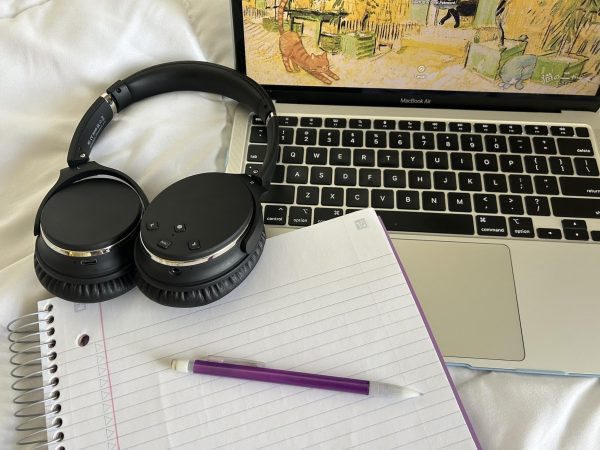Study finds pregnancy nausea drug won’t harm fetus
February 28, 2013
There’s reassuring news for pregnant women miserable with morning sickness: A very large study in Denmark finds no evidence that using a popular anti-nausea drug will harm their babies.
One in 10 pregnant women has nausea and vomiting bad enough to need medicine but many forgo it out of fear of side effects. No drugs are currently approved for morning sickness in the United States although doctors are free to prescribe whatever they believe is best.
Zofran, sold by GlaxoSmithKline and in generic form for treating nausea from cancer treatments and other causes, has been the top choice. Yet women and doctors have been leery of it because a small study previously suggested it might raise the risk of a birth defect — cleft palate.
The new study of more than 600,000 pregnancies in Denmark found no evidence of major birth-related problems, so women should not be afraid to use Zofran if they need it, said Dr. Iffath Hoskins, a high-risk pregnancy specialist at NYU Langone Medical Center and a spokeswoman for the American College of Obstetricians and Gynecologists.
“It’s effective and it’s safe,” she said. “Nobody is giving you a gold star for suffering through this.”
Poor nutrition because of excessive vomiting can harm the woman and the fetus, she said.
Hoskins had no role in the study, which was led by Dr. Bjorn Pasternak of the State Serum Institute in Copenhagen. Results appear in Thursday’s New England Journal of Medicine.
Researchers used nationwide health registries to compare rates of miscarriage, stillbirth, birth defects, preterm delivery and having a baby that weighed too little among women who used Zofran during pregnancy and others who did not. They also looked separately at use during the first trimester of pregnancy, when risks to the developing fetus are highest.
No harms were seen from Zofran use, which occurred in 1,970 of the 608,385 pregnancies. The study looked at birth defects collectively, and cannot rule out a higher risk of specific ones, although the incidence of those is very small, researchers noted. The Danish Medical Research Council paid for the study.
As a first step, women should try treating morning sickness with crackers, ginger ale and certain B vitamins and use Zofran or one of the other prescription anti-nausea medicines as a last resort, Hoskins said.
“Whenever possible, nothing or simple is better” than a drug, especially in the first three months of pregnancy, she said.
Marilynn Marchione can be followed at http://twitter.com/MMarchioneAP























